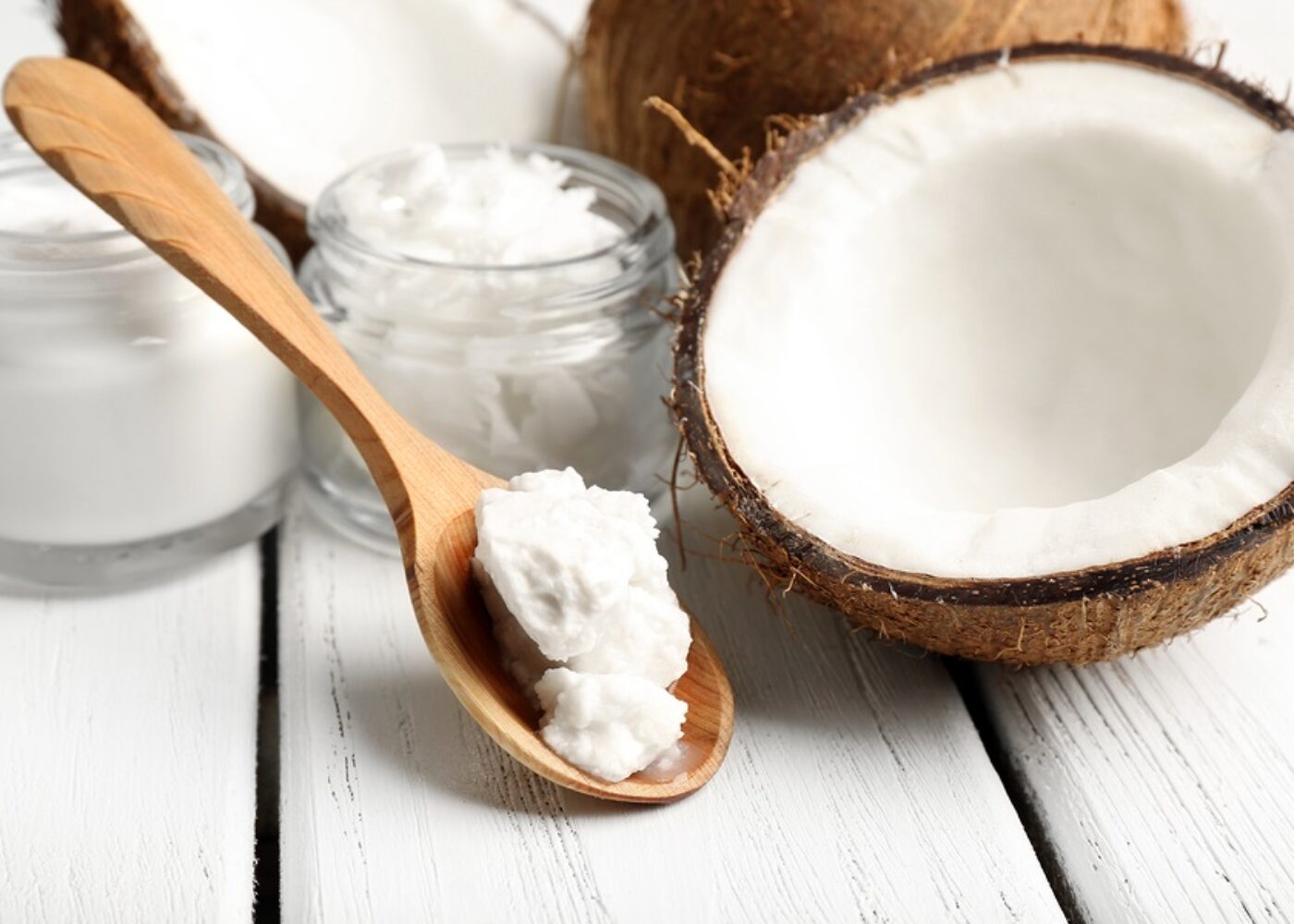Widespread Panic and Coconuts: Follow the Money

Last week, my inbox was hit dozens of times with headlines claiming that coconut oil is unhealthy.
The American Heart Association released a study last week, Dietary Fats and Cardiovascular Disease: A Presidential Advisory From the American Heart Association, and the headlines took off. Coconut oil had seemingly gone from wonder food to the bottom of the list.
But what no one had seemed to ask, which is an important question to ask of every study it is: Who funded it? And are there significant research grants that could be perceived as a conflict of interest?
We’ve seen this many times before, from big tobacco to big soda, so we took a look.
It turns out that one of the lead researchers disclosed the following research grants:
- California Walnut Commission†;
- Ag Canada and Canola Oil Council†;
- National Cattlemen’s Beef Association†
In the disclosures, it also stated that these relationships could be perceived as conflicts of interest. Thankfully, the American Heart Association did its homework and stated that the “relationship is considered to be “significant” if (a) the person receives $10,000 or more during any 12-month period, or 5% or more of the person’s gross income; or (b) the person owns 5% or more of the voting stock or share of the entity, or owns $10,000 or more of the fair market value of the entity. The cross sign “†” representing “significant.”
Another researcher disclosed the following research grants:
- Amarin
- Amgen
- AstraZeneca
- Eli Lilly
- Esai
- Glaxo-Smith Kline
- Merck
- Pfizer
- Regeneron/Sanofi
- Takeda
It’s food for thought.
Financially engineering a study can influence the results, as we’ve seen over and over again from big tobacco to big soda. Monsanto landed in hot water funding a small grant to a researcher at the University of Florida.
It is important, as we consider the science and work to learn the truth about our food, to always follow the money.
Source: http://circ.ahajournals.org/content/early/2017/06/15/CIR.0000000000000510





